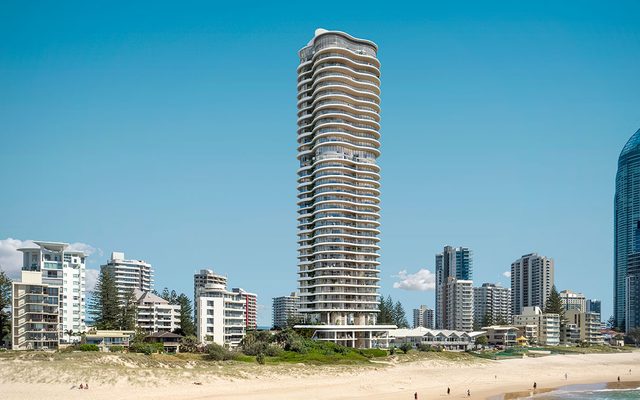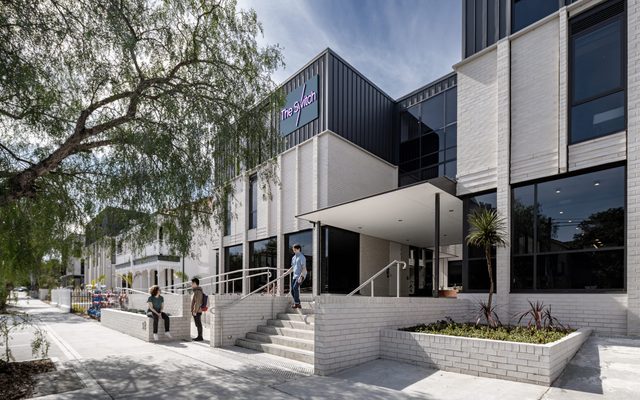This article is from the Australian Property Journal archive
ANZ Bank has sensationally put the spotlight on money laundering in the Australian real estate market, which has been allowed to flourish over a number of years with little political intervention.
The major lender’s head of financial crime, Guy Boyd, told the ABC that Australian real estate is “obviously an attractive destination for capital, both legitimate and illegitimate.”
“I wouldn’t know if it I would call it a haven but certainly it is a place of choice for illegitimate money,” he said.
Boyd placed the blame on successive governments for creating conditions that allow such a level of money laundering to take place.
“There’s been probably a lack of political will and that’s probably been driven by some very vocal opposition from those industry sectors,” he said.
Key sources of the tainted money are led by China, and include Malaysia, Indonesia and Papua New Guinea.
In research released in January, the Australian Transaction Reports (AUSTRAC) said $1 billion of property transactions made by Chinese investors in 2015-16 were deemed suspicious.
Australia was one of four hot spots identified in March by Transparency International earlier this year targeted by corrupt officials or criminals.
Its report, Doors Wide Open: Corruption and Real Estate in Key Markets, found secret companies are allowing illicit money to flood into Sydney and Australia’s real estate market, as well as that of Canada, United Kingdom and the United States.
It found Australia’s legal framework was the worst of the four in terms of allowing corrupt money to pass through the real estate sector, failing to address 10 out of 10 key loopholes.
The US was shown to allow nine out of 10 loopholes; Canada four and the UK one.
The report suggested each country had one thing in common, being that high-end real estate properties in key markets are purchased by shell companies or trusts without undergoing adequate due diligence or scrutiny by the professionals involved in the deal.
Key loopholes in Australia’s framework are headlined by real estate agents, lawyers, accountants, developers and others involved in the buying and selling of real estate not being subject to the provisions of the Anti-Money Laundering and Counter Terrorism Financing Act 2006.
This allows properties to be bought and sold without any due diligence on the vendors and purchasers.
There are also no requirements for any real estate professionals to identify individuals or beneficial owners behind foreign companies purchasing property, nor to submit suspicious transaction reports, even if they suspect illegal activity is taking place, or verify whether customers are corrupt politically exposed persons, or their close associates.
Australia, Canada and the US almost exclusively rely on banks to stop money laundering, even though a number of other parties including real estate agents, accountants, tax planners, lawyers and others are involved in transactions.
It makes all-cash deals, which do not require the involvement of a bank, especially difficult to track. In Australia, an estimated 70% of Chinese buyers pay in cash and represent the largest proportion of foreign purchases in the country.
A separate Global Financial Integrity report found between 2004 and 2013, China led the world with US$1.39 trillion in illicit outflows, ahead of Russia, Mexico, India and Malaysia. In 2013 alone, illicit outflows from China totalled US$258.64 billion.
According to the Financial Action Task Force (FATF), real estate accounted for up to 30% of criminal assets confiscated across the globe between 2011 and 2013.
“Governments must close the loopholes that allow corrupt politicians, civil servants and business executives to be able to hide stolen wealth through the purchase of expensive houses in London, New York, Sydney and Vancouver,” Transparency International chair José Ugaz said.
Australian Property Journal




